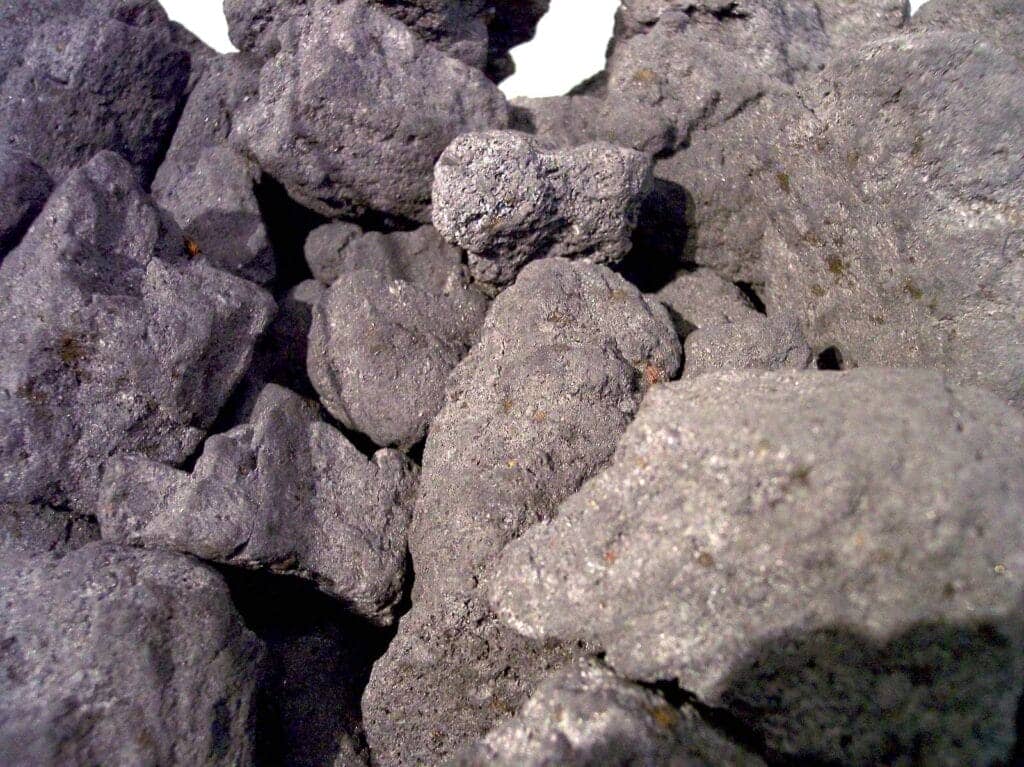Low-Ash, Low-Sulfur Coal

Low-Ash and Low-Sulfur Coal
Low-Ash, Low-Sulfur Coal: Cleaner, More Efficient Energy
Low-ash, low-sulfur coal is a premium-grade coal with minimal ash and sulfur content. It is highly valued across various industries for its cleaner combustion and improved environmental performance. Because it produces fewer emissions—such as ash particles and sulfur dioxide (SO₂)—this type of coal significantly reduces air pollution and helps mitigate climate change.
Key Characteristics
Low Ash Content
Ash is the incombustible residue left after coal is burned. The lower the ash content, the less waste remains, reducing the need for cleanup and post-combustion processing. Typically, low-ash coal contains less than 10% ash, with some grades ranging as low as 3–6%.
This characteristic is especially beneficial in preventing slagging, or ash buildup on combustion surfaces, which can damage equipment and decrease efficiency.
Low Sulfur Content
Coal with less than 1% sulfur is considered low-sulfur. This reduces the release of sulfur dioxide (SO₂)—a harmful gas that contributes to acid rain and environmental degradation. By using low-sulfur coal, companies can lower emissions and meet increasingly strict environmental standards, making it a cleaner, more responsible energy source.
Applications of Low-Ash, Low-Sulfur Coal
1. Power Generation
Power plants prefer low-ash, low-sulfur coal because it helps lower emissions and meet tough environmental regulations—especially in countries with stringent policies.
It also reduces the need for costly emissions control systems (e.g. scrubbers), decreases ash handling costs, and improves overall plant efficiency.
2. Steel Industry
While coking coal is the primary fuel in steelmaking, low-ash, low-sulfur coal can be used in specific stages of the process. Its clean-burning nature ensures it doesn’t introduce impurities into the metal, resulting in higher-quality, cleaner steel.
3. Cement Industry
In cement production, coal is used to heat limestone and other materials. Low-ash, low-sulfur coal is ideal because it reduces the risk of contaminating the final product and generates less waste—ensuring a consistent, high-quality output.
4. Chemical Industry
This type of coal is also used in the manufacture of carbon-based chemicals like activated carbon and carbon black. Its purity improves product quality and reduces environmental impact during chemical processing.
5. Strictly Regulated Markets
In developed countries such as the United States, Japan, and many European nations, emissions regulations are strict. Power producers in these regions rely on low-ash, low-sulfur coal to stay compliant while delivering reliable, efficient energy.
Conclusion
Low-ash, low-sulfur coal offers a smart solution for industries looking to balance performance with environmental responsibility. Its clean-burning properties not only improve operational efficiency but also support global efforts to reduce pollution and combat climate change.
